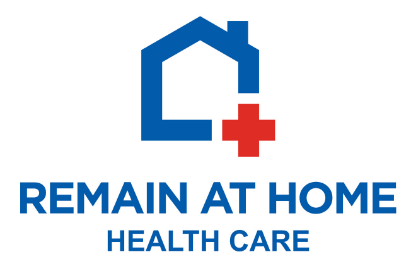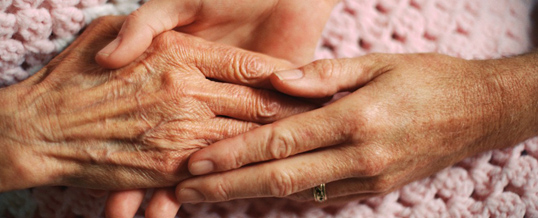Although it is perhaps not as publicized as child abuse, abuse of the elderly is just as serious and just as troubling.
According to the National Center on Elder Abuse, elder abuse covers both intentional abuse (physical and emotional) and unintentional abuse (negligence) by a trusted individual. Studies report that more than 10 percent of the elderly in the United States have been the victim of abuse, representing some 6 million cases. Still other studies indicate that many incidents are under-identified and under-reported, with as few as 1 in 14 cases reaching the attention of authorities.

Brian Carrigan
Founder & Co-Manager
Statistics show that females and “older” elders are the most common targets of abuse, and many victims are reluctant to report they’ve been abused for a variety of reasons: embarrassment (especially if the abuse comes at the hand of a family member); fear of being moved from their home to a care facility or nursing home; guilt and denial; and the fear that if abuse is reported, the situation will get even worse.
Senior abuse can also take the form of financial exploitation. Abusers help themselves to “loans” or “gifts” from a senior’s bank account, with the victim often unaware of the crime.
HelpGuide.org gives a clear list of the warning signs to look for in order to recognize physical abuse: unexplained evidence of injury (bruises, welts, or scars); broken bones, sprains or dislocations; drug overdoses or irregular uses of medication; broken eyeglasses or frames; signs of restraint; torn clothes; and a caregiver’s refusal to allow people to see the victim alone.
Signs of emotional abuse can include the following behaviors by a caregiver: threatening, belittling, or controlling behavior and language. Victims themselves often exhibit behavior which on the surface looks like dementia: rocking, sucking, or mumbling.
Thankfully, help is readily available. If abuse within the home is suspected, it should be reported to local law enforcement authorities and, in Athens-Clarke County, to the Adult Protective Services unit of the Department of Family and Children Services (706-227-7000). If abuse is suspected within a nursing home or personal care facility, it should be reported to the Long-Term Care Ombudsman in the state’s Division of Aging Services (800-474-7540).
Our elderly friends, neighbors, and family members are precious. Abuse of any kind is a crime. It is vital that we take whatever steps necessary to keep everyone in our community safe.
 RAH in the News – OnlineAthens
Prev post
RAH in the News – OnlineAthens
Prev post



